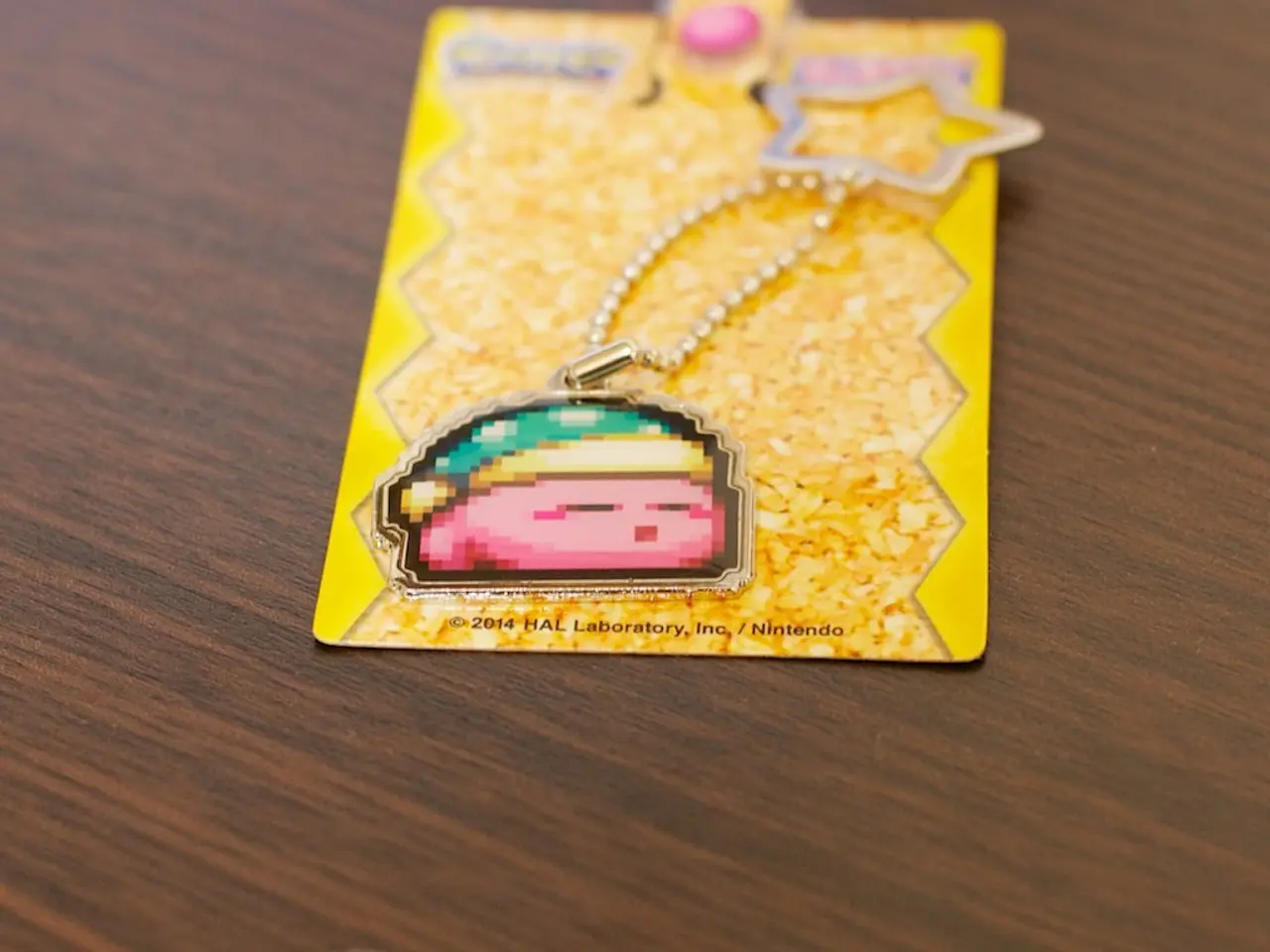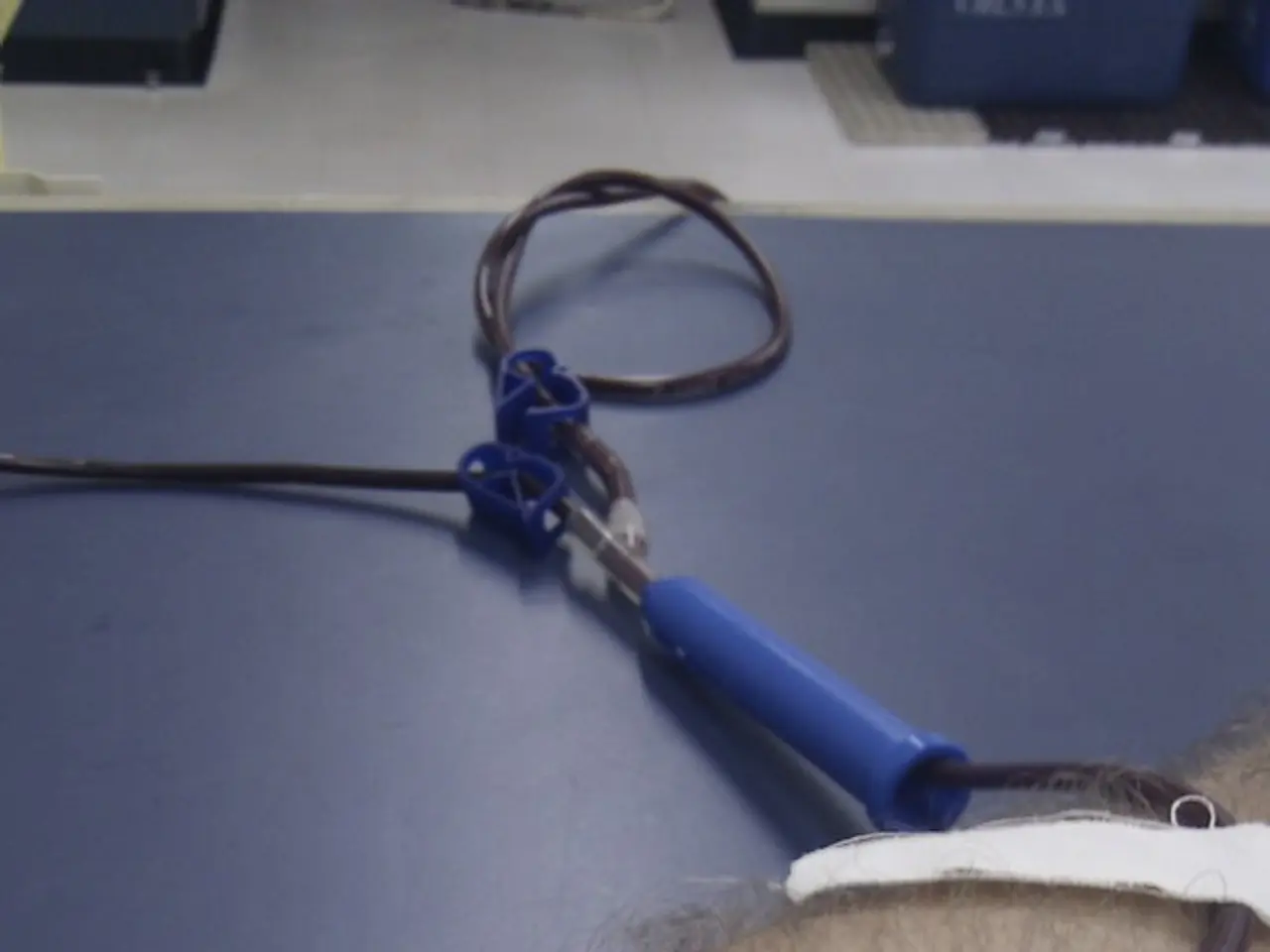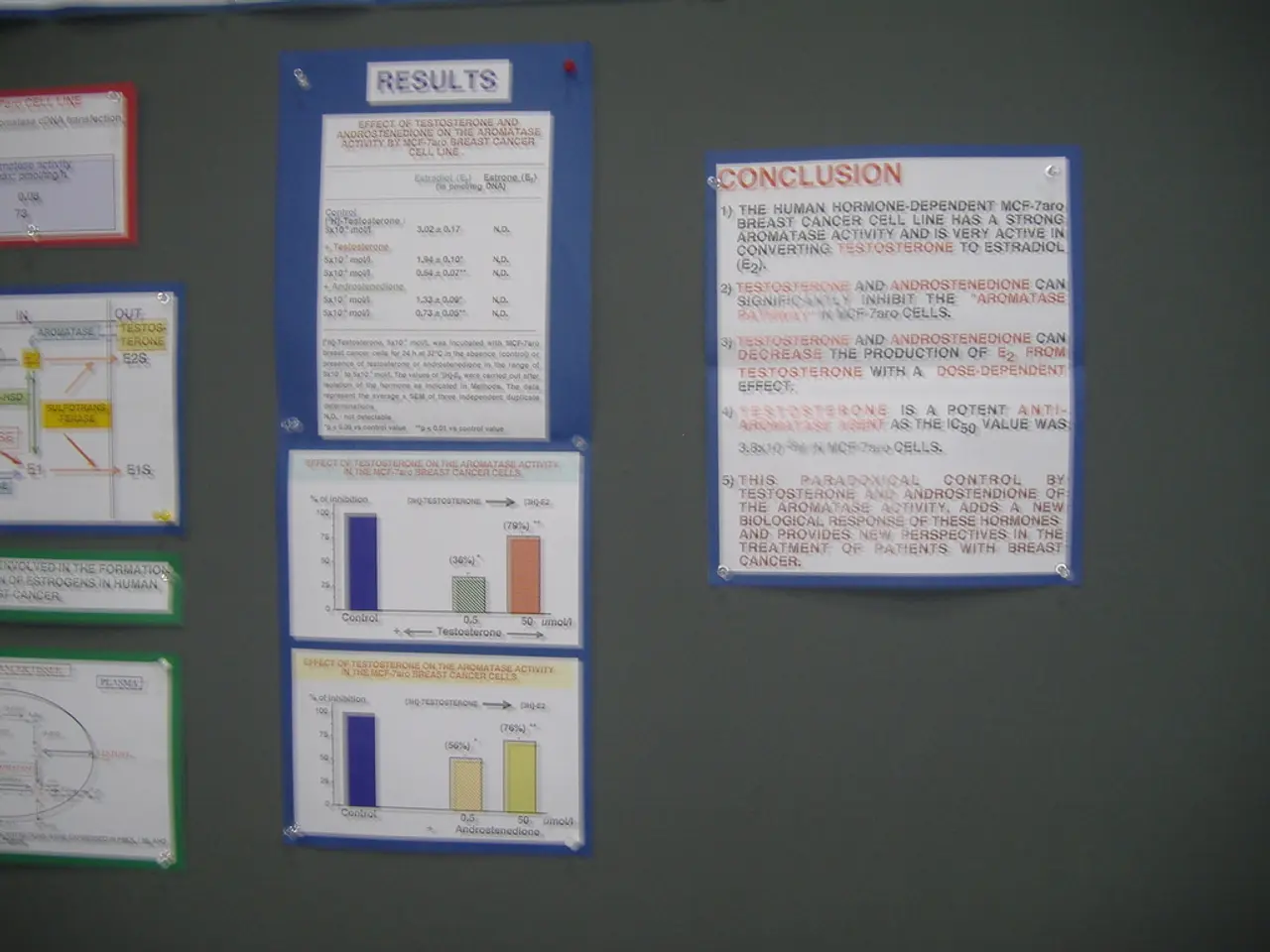Applications of Blockchain Technology in Healthcare: 16 Practical Scenarios
In the ever-evolving landscape of healthcare, blockchain technology is making a significant impact, particularly in the realm of data security. By 2032, the United States is expected to spend nearly 20 percent of its GDP on healthcare due to high hospital costs, inefficient practices, and constant data breaches. Recognizing the need for a solution, blockchain is stepping in to revolutionize the industry.
Blockchain's key applications in healthcare data security revolve around secure, transparent, and efficient management of sensitive medical data. This innovative technology addresses major challenges in patient care, research, and regulatory compliance.
One of the primary benefits of blockchain is the secure storage of Electronic Health Records (EHRs). By enabling encrypted, tamper-proof storage, patient data such as diagnoses, treatments, and medical histories can be securely recorded in a decentralized ledger. This gives patients control over their data, allowing them to grant or revoke permissions to providers or researchers, thus enhancing privacy and ownership while complying with regulations like HIPAA.
Another advantage is improved interoperability and data sharing. Blockchain creates a unified, shared data layer that allows disparate healthcare systems and providers to securely exchange and verify patient information without duplicating records or exposing sensitive data. This facilitates better care coordination and real-time updates of medical records across institutions.
Drug supply chain transparency is another area where blockchain shines. By tracking pharmaceuticals and medical devices throughout the supply chain with a transparent, immutable audit trail, blockchain prevents counterfeit drugs from entering the system and ensures patient safety.
In the realm of clinical trials and research, blockchain guarantees data integrity, immutability, and auditability. This helps to build trust in research outcomes by timestamping clinical protocols, consent forms, and data.
Blockchain also automates health insurance and billing processes, minimizing fraud, reducing paperwork, and increasing administrative efficiency.
Regulatory compliance and reporting are further bolstered by blockchain's secure, verifiable history. This aids healthcare organizations in meeting strict data privacy and security regulations, such as HIPAA, by ensuring data integrity and streamlining reporting to authorities.
SoluLab, FarmaTrust, Sharecare, Akiri, Novo Nordisk, Guardtime, Medicalchain, BurstIQ, Nebula Genomics, EncrypGen, Tierion, Embleema, Chronicled, and many more are leading the charge in implementing blockchain solutions in the healthcare industry.
The global blockchain market in healthcare is projected to reach $193 billion by 2034, driven by enhancements in medical record security, data exchange, and reduction of inefficiencies like manual claims processing. As the world continues to grapple with high healthcare costs and data security concerns, blockchain promises to be a game-changer, transforming healthcare data security by providing encrypted, immutable record-keeping, patient-controlled data access, secure interoperability, transparent drug tracking, trusted clinical research, and automated insurance processing, all while ensuring compliance with healthcare privacy laws.
[1] HIPAA: Health Insurance Portability and Accountability Act [2] Electronic Health Records (EHRs) [3] Smart Contracts [4] Interoperability
Blockchain technology, by securely storing Electronic Health Records (EHRs), offers patients control over their sensitive medical data while ensuring compliance with regulations like HIPAA. This innovation in health-and-wellness also improves interoperability and data sharing among healthcare systems, ensuring efficient and secure exchange of patient information.
In the medical-conditions sector, blockchain increases drug supply chain transparency by tracking pharmaceuticals through a transparent, immutable audit trail, ultimately enhancing patient safety. Furthermore, blockchain technology plays a crucial role in automating health insurance and billing processes, reducing fraud and improving administrative efficiency.




